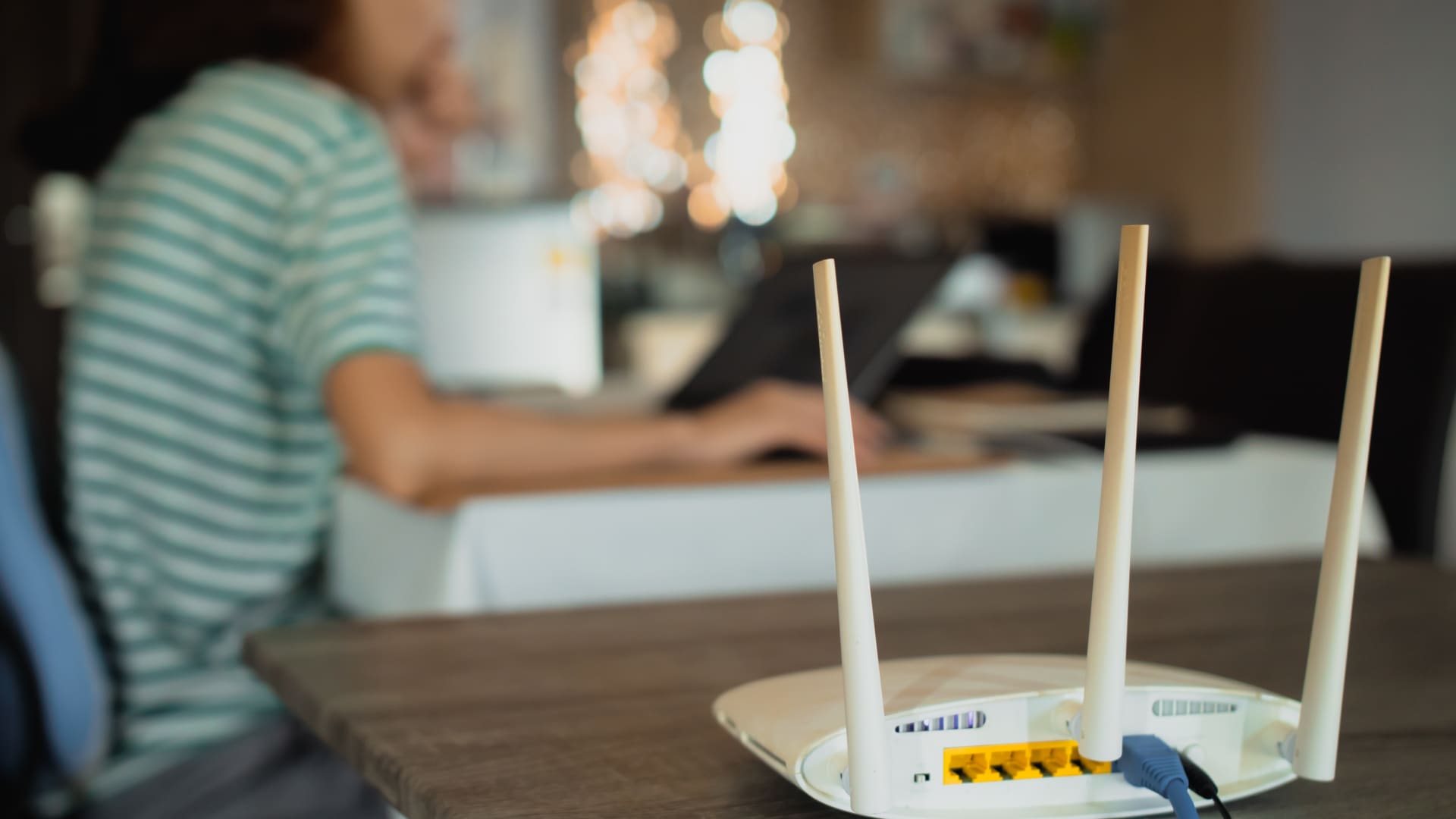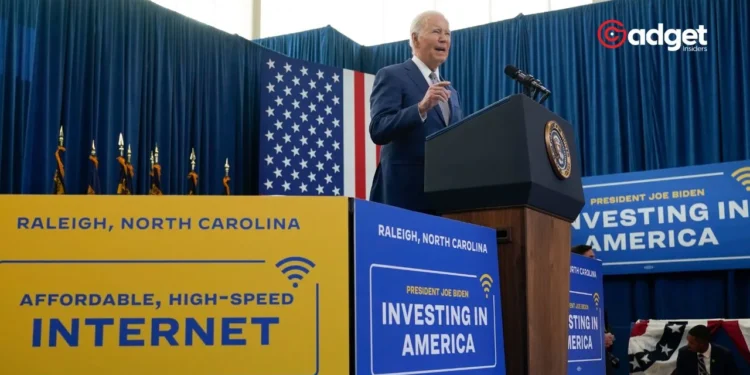In an age where internet access has become as crucial as electricity, the potential loss of connectivity for millions of Americans looms large. As we delve deeper into this issue, it’s essential to understand the roots and the potential impact of the discontinuation of the Affordable Connectivity Program (ACP). Back in December 2020, amidst the pandemic turmoil, the Federal Communications Commission (FCC) initiated an emergency broadband subsidy through the ACP, designed to ensure that low-income households could maintain essential internet services.
Originally providing a $50 monthly subsidy, the program transitioned to a $30 monthly assistance under its current guise, benefiting an estimated 23 million households.

The Threat of Disconnection: What Happens When Subsidies End?
However, with the program funding set to expire by the end of the month, the future is uncertain for many. The efforts to renew the ACP in Congress have stalled, despite bipartisan recognition of the critical nature of internet access.
According to Tech Brew reporter Kelcee Griffis, “The ACP came of age during a time when we were having this national wake-up call about how important the internet was to our daily lives.” This statement highlights the integral role of the internet in modern society, from telemedicine to remote work.
One poignant story is that of Dorothy Burrell, a resident of Kansas City and a lupus patient, who shared how vital internet access has been for her.
“It gets to the point sometimes when I have a flare-up and I can’t really get out of bed… and if I’m feeling depressed or anything, I can reach out to the Essential Families program and get connected to telehealth or mental health specialists,” Burrell explained.
Her situation underscores the broader implications of the ACP beyond mere connectivity — it is about maintaining a lifeline to essential health and employment services.

The Broadband Internet Gap: A Looming Digital Divide
As funding wanes, users like Burrell face the harsh reality of losing their subsidized internet, which for many means a total disconnection. The FCC noted that 77% of ACP beneficiaries reported they would not be able to afford internet access without the subsidy.
This stark statistic paints a grim picture of the upcoming digital divide, set to affect millions of Americans who rely on the internet for daily operations and essential services.
Moreover, while there are ongoing discussions and proposed legislation to renew the ACP, political gridlock has hindered progress. Griffis shared, “There’s a bill that would renew this program through the end of the year. But so far, it hasn’t gotten a House floor vote that would get it closer to becoming a law.”
The FCC’s subsidy cuts are imminent, risking internet access for millions, including 368,000 in MA alone. The Affordable Connectivity Program, vital during the pandemic, faces funding expiry. Internet is a right, not a luxury. Let's ensure no one is left behind. #DigitalDivide pic.twitter.com/BrPmUs1hkP
— RJxTP_Heller (@RJxTP_Heller) April 16, 2024
Alternative Solutions and the Role of Infrastructure Investments
In light of these challenges, alternative programs like the Lifeline program, which provides free mobile phones and limited data plans, have been highlighted as partial solutions.
However, as Griffis pointed out, “Mobile devices aren’t always a great replacement for home internet when it comes to complex processes like doing schoolwork, applying for a job, or applying for social safety net programs.”
The recent announcement of $42 billion in funding for high-speed broadband infrastructure is a step in the right direction but focuses more on service providers than consumers. This investment is vital for building out infrastructure in underserved areas but does not address the immediate affordability issues faced by current ACP beneficiaries.

The Way Forward: A Call to Action
As we consider the implications of the potential end of the ACP, it becomes clear that both immediate and long-term solutions are necessary. The digital economy does not merely encompass Big Tech; it involves ensuring that every citizen can access the digital tools necessary for modern life.
The narrative of the ACP and its beneficiaries like Dorothy Burrell illustrates a crucial aspect of our society’s dependency on digital connectivity. As we await decisions from Congress, the call for public support and awareness grows louder.
Every contribution to initiatives like “Marketplace Tech” helps drive these crucial conversations forward, ensuring that topics like the ACP receive the attention and action they require.
The unfolding situation presents an opportunity for all stakeholders to redefine the importance of internet access in the American social fabric, not just as a utility, but as a fundamental right to be preserved for every citizen.










